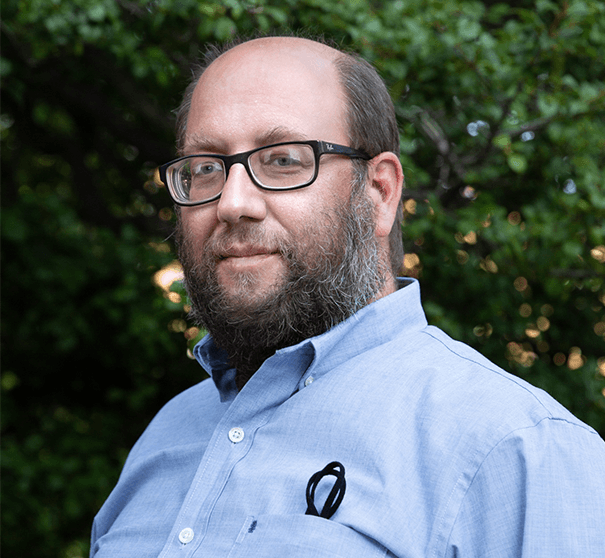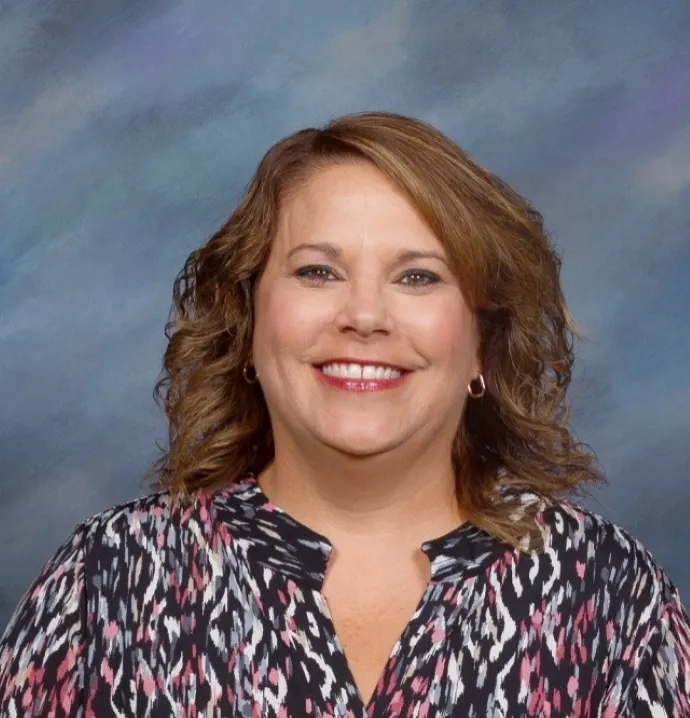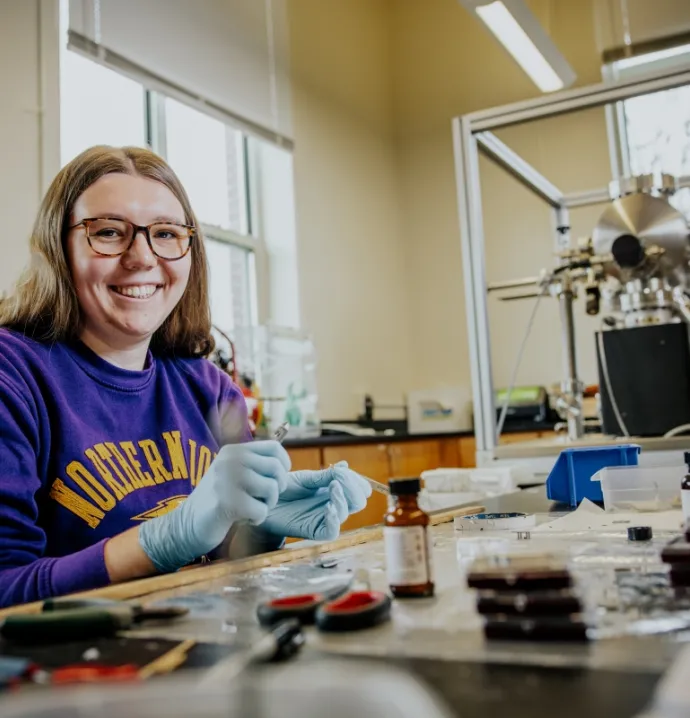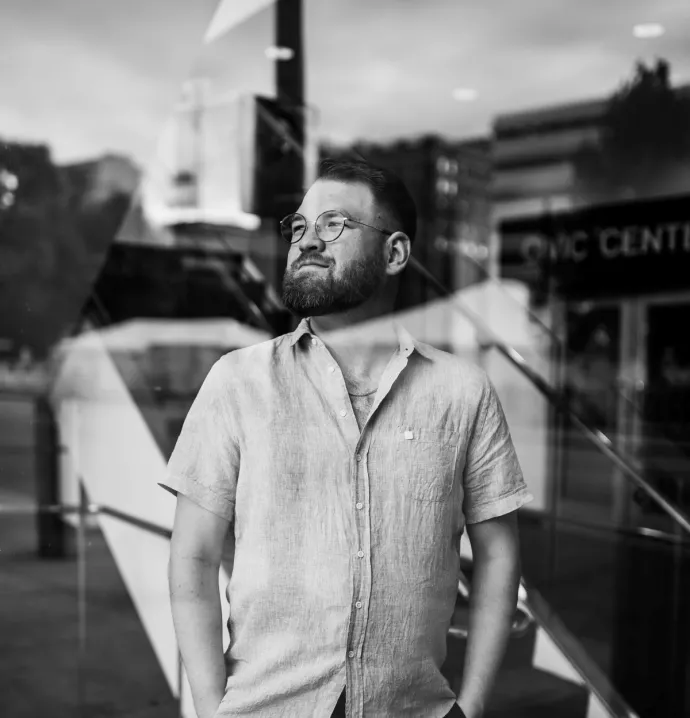Our Featured Faculty: Tim Kidd
Our Featured Faculty: Tim Kidd
 It's easy to call Professor Tim Kidd busy. From working with NASA and the Department of Energy, to creating new courses, serving on United Faculty and publishing over fifty peer-reviewed journal articles, he keeps his calendar very full.
It's easy to call Professor Tim Kidd busy. From working with NASA and the Department of Energy, to creating new courses, serving on United Faculty and publishing over fifty peer-reviewed journal articles, he keeps his calendar very full.
Tim has been at UNI since 2005. With a specialization in nanocellulose and 2D metallic interfaces, he works with some of the nation’s premier research organizations to investigate new uses for materials in and outside our world.
Through his work with NASA, Tim explores how to efficiently transform cellulose into solid forms. Cellulose is the most common organic molecule found in nature. It can be extracted from every plant, as it forms plant cell walls. As nanocellulose, in which the cellulose molecules are split into individual fibers, cellulose can be reformed as a film, solid, or aerogel, with a multitude of potential applications. Particularly in solid form, these formations are eight times stronger than steel, and can be suitable for radiation shielding applications for extraterrestrial missions.
However, among his more Earth-bound work, Tim also examines 2D metallic interfaces with support from the Department of Energy.
“We have discovered that it is possible to spontaneously form nanostructured metallic structures on the inert surfaces of a class of materials known as the transition metal dichalcogenides. In these systems, the electronic properties of the metal can be used to control the structural shape,” Tim says.
Results like this are quite unusual, only seen a few times in the past 20 years. The work represents a highly active and broad arc of research, and Tim has even worked to provisionally patent the research to explore the technology further.
Outside of his research, Tim is a dedicated and active member of the UNI faculty. He has served as Faculty Senate Chair, and treasurer of United Faculty. Within his department Tim is leading efforts to create the Physics Roadshow, a project designed to engage the next generation of science students in the K-12 schools through demonstrations and hands-on activities that link students to established learning goals and next generation science standards.
“An intense focus on undergraduate research has been a hallmark of the UNI Physics Department for decades. Since Tim’s arrival, this research ethic has intensified,” says Paul Shand, Head of the Physics Department. “In addition to mentoring a large number of students, Tim has fostered a highly collaborative research environment that has enhanced the student experience and amplified our success in securing external funding for our research.”
With this supervision of over 50 undergraduates on research projects, it’s clear that Tim makes a difference for students year after year as well.
“Keeping students engaged and active participants in learning is one of my main goals as a professor. I try to provide students with a strong background in content knowledge, then let them explore the material further through guided projects and/or presentations,” says Tim.
His culminating activities always involve a presentation or a project where students have to demonstrate their knowledge of the material through their own personal interests.
“I hope the students get to explore ideas beyond standard course topics,” Tim says. “As for myself, I often get a chance to learn something new!”
"Tim has been an essential voice for the faculty on our campus. His work also extends beyond the classroom to involve students in his research, giving them new skills to use in the future," says John Fritch, Dean of the College. "In these ways, Tim's service to others and the university has helped so many grow in their personal aspirations, whether it be as students or faculty here at UNI."




